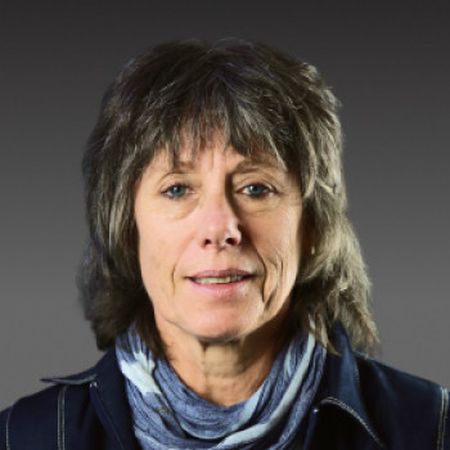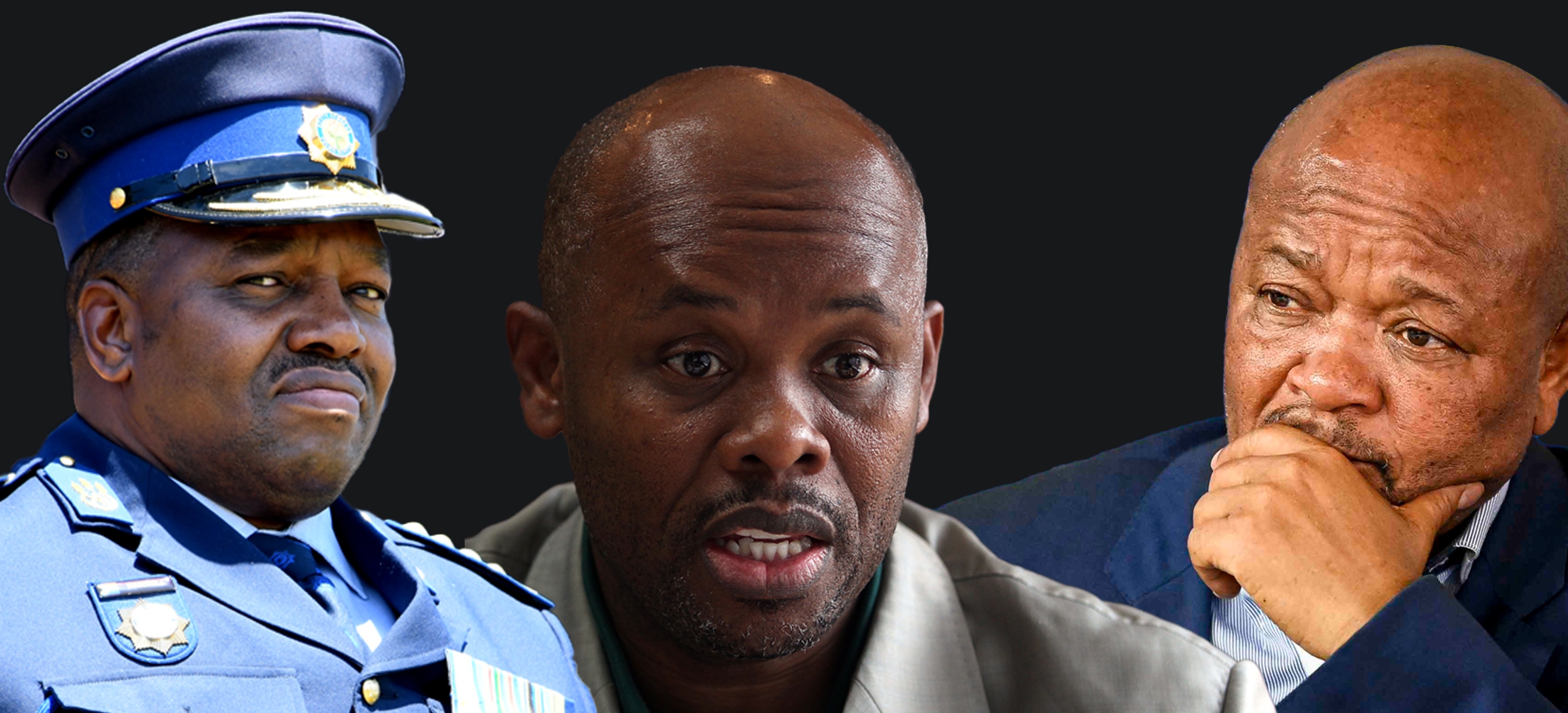On 8 August, the Free State Division of the High Court in Bloemfontein made a significant defamation ruling in favour of SAPS whistleblower, Patricia Morgan-Mashale, against Lieutenant General Shadrack Sibiya – currently on special leave – who had taken her to court in his personal capacity.
Morgan-Mashale, an outspoken whistleblower, had attempted to alert the correct authorities about her allegations of corruption and had resorted to social media when she had found no succour.
Whereas journalists writing about or investigating corruption have to work within the South African Press Code and the law in general, a growing list of South African whistleblowers, who may be able to bypass this line in the sand, has mushroomed online.
Morgan-Mashale is just one of these who have unflinchingly used social media to expose deep-rooted corruption in the SAPS.
Easy to accuse
Free State high court judge Johannes Daffue noted in his judgment that, “I accept that people serving the public, such as the applicant (Sibiya), should accept that they may be fiercely criticised by others from time to time. They are not immune to criticism.”
However, he added, “this criticism and fair comment had to be considered objectively and based on the facts in each particular case”.
“It is just too easy for people that are active on social media to insult others and/or to attack them in a vitriolic manner. Often, these social media users have thousands and even millions of followers who can access the publications within seconds or minutes.
“I am also mindful of the ever-increasing tendency by some social media users to use the various platforms to crucify others. Courts should be wary of this. In the preparation of this judgment, I take cognisance hereof.”
Last resort
After approaching every possible internal avenue, including the Independent Police Investigative Directorate (Ipid), the National Police Commissioner, the Minister of Police, as well as a parliamentary portfolio committee, Morgan-Mashale went public on social media, the high court noted.
A former administrative clerk in the SAPS, she made a “Protected Disclosure” and was living in “undisclosed premises”. Her videos on YouTube and other platforms highlighted her presence and amplified her cause.
She has 13,000 subscribers on YouTube and thousands of others on other platforms.
Docket 375
A familiar approach to investigations, where the media or a journalist might have been the first port of call for whistleblowers, no longer works.
It is clear that the tsunami of criminality is a behemoth too big for journalists alone to dismantle.
Judge Daffue’s ruling is remarkable in that it found Morgan-Mashale’s status as a whistleblower entitled her to publish serious allegations of criminality in several matters involving Sibiya.
Morgan-Mashale had also used the “public interest” defence of her actions.
The whistleblower had placed Sibiya as the first respondent at the Senzo Meyiwa murder scene and had also claimed the deputy commissioner had ordered Warrant Officer Meshack Makhubo to “clean up the crime scene”.
This had been an order Makhubo had refused to execute, opening a criminal docket against Sibiya for defeating the ends of justice and now known as Docket 375.
The right to report
Morgan-Mashele had argued that “as a whistleblower and human rights defender, she is entitled to report matters regarding corruption or human rights violations” with oversight bodies as well as her followers on social media, noted the court.
She argued that the information she posted had already been in the public domain. Therefore she had “merely repeated the information”.
The court found that Morgan-Mashale’s accusations had not been denied by Sibiya and had been taken as “common cause”.
The Press Ombudsman would be hard pressed to allow Daily Maverick or any other “established” publication to get away with merely “repeating information”.
We are threatened constantly with legal action, and so are deeply aware of slashing a path of truth through the noise, but with receipts. Offering the right to reply remains a key requirement, but what if the target weaponises this to shut down investigations?
It happens, and it costs the media a fortune in legal fees to fight.
In fact, the high court noted “it is no defence to rely on the earlier publication of defamatory statements by another and a mere repetition of what is already in the public domain”.
In Tsedu and Others v Lekota and Another 13, the Supreme Court of Appeal reaffirmed that the publication of a defamatory statement that was made by another was “as much the publisher of the defamation as the original publisher”.
Although the repetition rule still applied as indicated, it was subject to exceptions, noted Daffue.
The high court ruling was a blow for Sibiya, who was ordered to pay Morgan-Mashale’s costs.
Approaching inquiry
As colleague Caryn Dolley noted earlier this week, the deputy commissioner was told to take leave last month amid “an unprecedented policing scandal”.
This scandal, of course, is KZN Police Commissioner Lieutenant General Nhlanhla Mkhwanazi’s “bombshell” press conference on 6 July, tossing eye-wateringly astounding accusations into the public realm.
Read more: Police war of words continues as Sibiya accuses Masemola of ‘tainted’ process against him
Included in the revelations were Sibiya and the now on enforced leave Police Minister, Senzo Mchunu.
Sibiya has since instituted legal action against the South African Police Service (SAPS), the police minister, his boss, National Police Commissioner General Fannie Masemola, and President Cyril Ramaphosa. This is due to be heard on 26 August.
On Wednesday, Sibiya’s legal representative, Ian Levitt Attorneys, wrote to the National Commissioner concerning the call for representations to be made.
“Your notice does nothing more than to concede that the process to date is unlawful and that you had failed to comply accordingly with the South African Police Service Regulations, 2016 (“the Regulations”)”.
The conduct of the SAPS was “untenable” and Levitt called on Masemola to “immediately reconsider and reinstate our client”.
With all eyes on the Sibiya saga and the approaching commission of inquiry, evidence and receipts will be high on the agenda.
Read more: Nhlanhla Mkhwanazi and the shape of things to come
The difference between whistleblowers and journalists is that it is considered a cardinal sin to provide authorities with information journalists have uncovered (often with whistleblowers), while Patricia Morgan-Mashele has already done so.
Jeff Wicks, writing in his magnificent and haunting telling of the assassination of Babita Deakoran, revealed that he could not have lived with himself had he not shared information with cops who had been so slack they hadn’t even gone through Deakoran’s phone or laptop.
His book, The Shadow State – Why Babita Deokoran had to die, slices open the fetid innards of corruption. Sometimes we need bigger sticks.
The saga will continue. DM





 Illustrative image, from left: National Police Commissioner General Fannie Masemola. (Photo: Gallo Images / Frennie Shivambu) | Lieutenant General Shadrack Sibiya. (Photo: Gallo Images / Sowetan / Sandile Ndlovu) | Minister of Police Senzo Mchunu. (Photo: Gallo Images / Volksblad / Mlungisi Louw)
Illustrative image, from left: National Police Commissioner General Fannie Masemola. (Photo: Gallo Images / Frennie Shivambu) | Lieutenant General Shadrack Sibiya. (Photo: Gallo Images / Sowetan / Sandile Ndlovu) | Minister of Police Senzo Mchunu. (Photo: Gallo Images / Volksblad / Mlungisi Louw)